“NDIS Support”
Changes to the NDIS Act made by the National Disability Insurance Scheme Amendment (Getting the NDIS Back on Track No 1) Bill 2024, and the related National Disability Insurance Scheme (Getting the NDIS Back on Track No. 1) (NDIS Supports) Transitional Rules 2024 (transitional rules), came into effect on 3 October 2024.
One of the changes to the Act is a new definition of “NDIS support” in section 10. The key “work” of the new definition is in the replacement of the criteria in para (f) of the current “reasonable and necessary” (R&N) support test in section 34(1) of the NDIS Act. This is explored in detail in my recent article.
Is ABA therapy a “NDIS support”?
Recently, I’ve had many concerned parents tell me that their local area coordinator or early childhood partner has told them that, because of the recent legislative changes, the NDIA no longer funds Applied Behaviour Analysis (ABA) therapy for their child with autism as a blanket rule.
This is wrong.
There is nothing in the amendments that precludes the NDIA from funding ABA therapy (or its cousin, Early Start Denver Model or “ESDM” therapy, provided the particular request meets all the R&N criteria of section 34(1).
Yes, ABA therapy is a “NDIS support”…and here’s why
In my analysis, the transitional rules support ABA and ESDM therapy as being “NDIS supports” and therefore meeting the new para (f) criterion in section 34(1).
First, ABA and ESDM therapy, which are both evidence-based behavioural interventions delivered by allied health professionals meet the description of “Supports that are NDIS supports unless otherwise provided” (Schedule 1, transitional rules).
First, their description encompasses ABA and ESDM therapy, which are evidence-based behavioural interventions delivered by allied health professionals.
Early intervention supports for early childhood
Supports that are evidence-based early childhood intervention supports for children 0-9 years (including children aged 0-6 with developmental delay) and their families to achieve better long-term outcomes for the child. This includes the following:
(a) therapy provided by allied health professionals including speech pathologists and occupational therapists;
(b) a key worker for a child’s family. [Item 17 of, Schedule 1]
Therapeutic supports
Supports that provide evidence-based therapy to help participants improve or maintain their functional capacity in areas such as language and communication, personal care, mobility and movement, interpersonal interactions, functioning (including psychosocial functioning) and community living. This includes an assessment by allied health professionals for support planning and review as required. [Item 34, Schedule 1]
Second, if the Government intended to excluded ABA and ESDM therapy from being funded supports, they could have (but did not) specifically included them in the list (in Schedule 2, transitional rules) of the “Supports that are generally not NDIS supports”.
The “not NDIS support” list includes several “Not evidenced based—alternative and complementary therapies” such as crystal therapy, cuddle therapy, sound therapy, wilderness therapy, animal therapy, yoga therapy and hair therapy [Item 9 of Schedule 2]. It does not include ABA therapy and ESDM therapy.
Third, the “not NDIS support” list includes “early childhood supports or therapies to support the general child development needs of a child” [Item 15(a), Schedule 2]. ABA and ESDM therapy do not merely “support the general development needs of a child” (eg, social and play skills) because they are autism-specific therapies delivered by specialist allied health professionals that target the child’s autism-related functional delays (eg, lack of verbal skills).
Need help?
The recent NDIS legislative changes are complicated. If you have a particular concern or query about how the changes may affect your child’s NDIS therapy funding, please get in touch to book a legal consultation.





